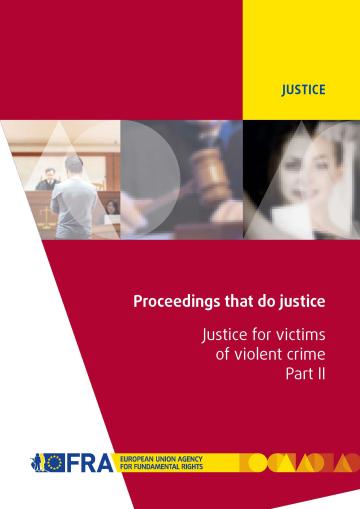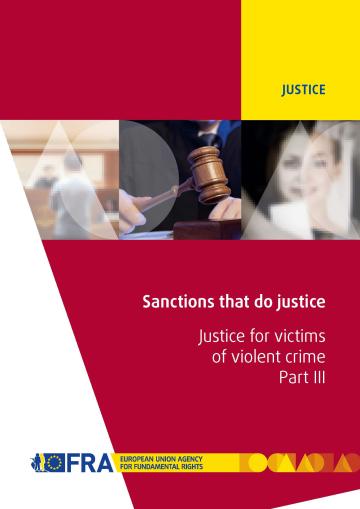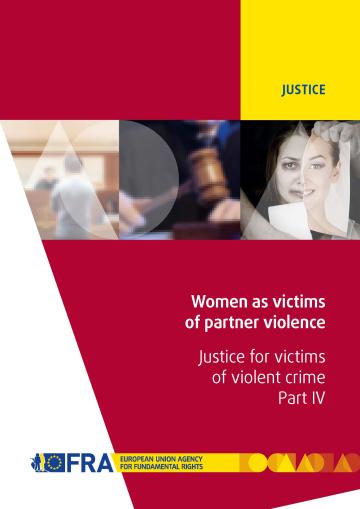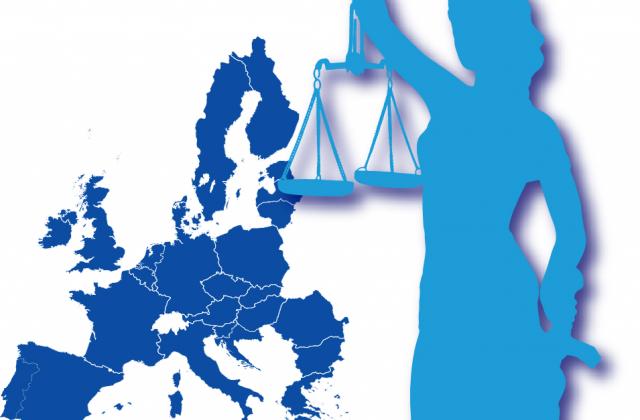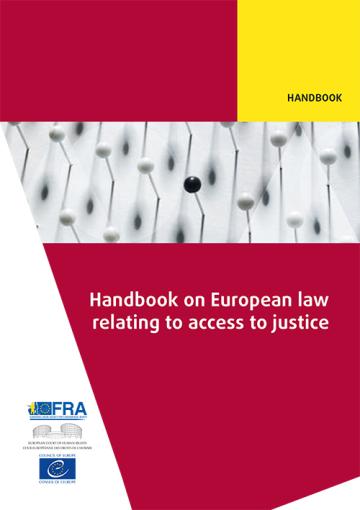The European Arrest Warrant (EAW) allows Member States to implement judicial decisions issued in another Member State. It applies to decisions such as arrests, criminal prosecutions, and custodial sentences. After being in force for over 20 years, this report provides evidence for an assessment of the legislation in practice.
FRA's report looks at the fundamental rights challenges that people face who are subject to an EAW. They have a right to freedom from inhuman or degrading treatment and punishment. They also have a right to access to a lawyer, information, translation, and interpretation. It examines how these rights are upheld in practice. The report explores the experiences of people and professionals involved.
The report indicates that shared challenges exist across Member States. Authorities do not always consider the fundamental rights implications of surrendering the individual. Member States must increase efforts to ensure that people are able to take part in criminal proceedings and receive a fair trial.












